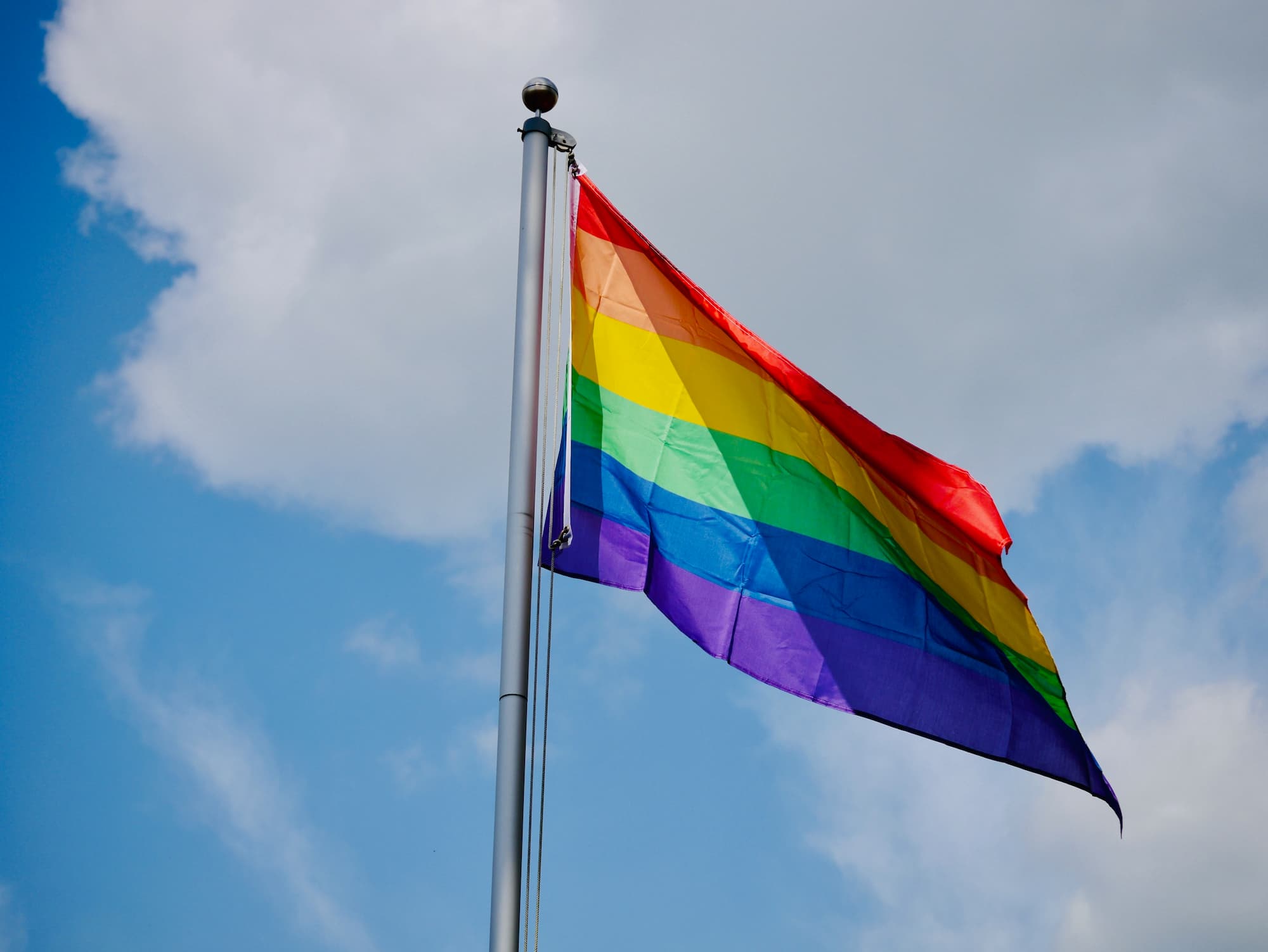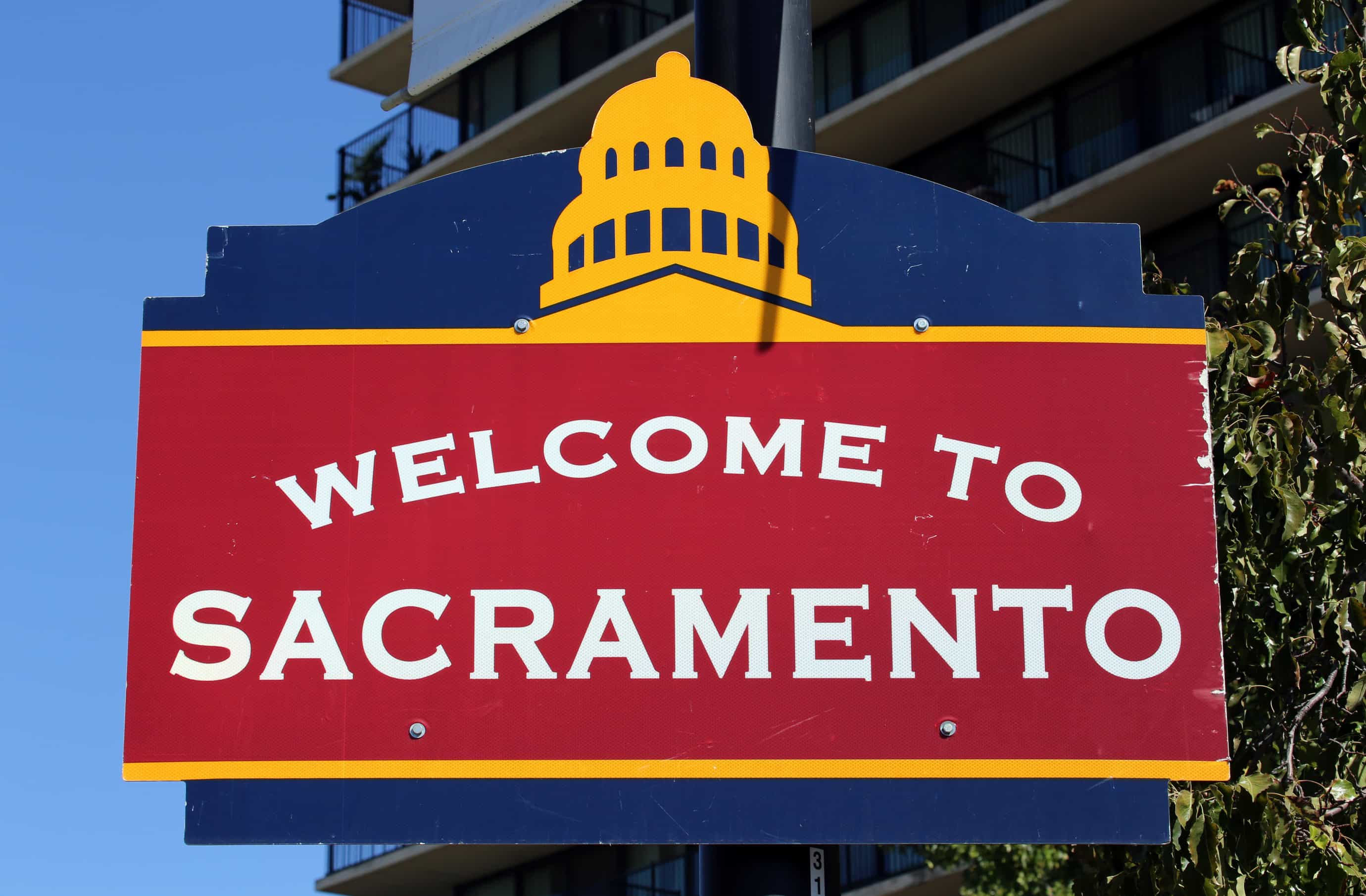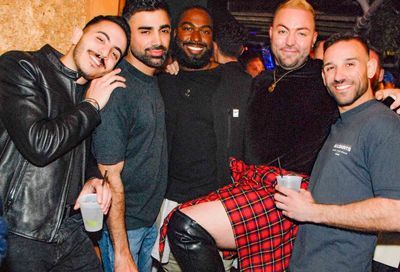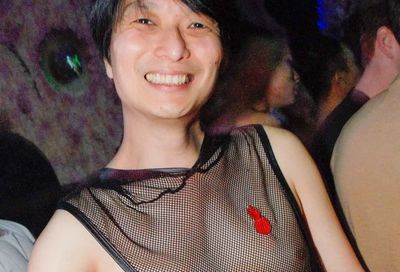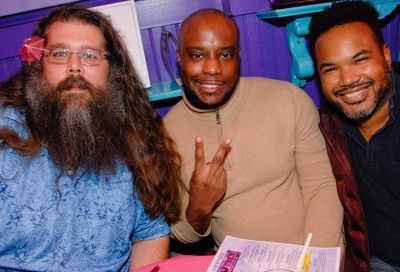Supreme Court justices cautious of sweeping Prop. 8 ruling
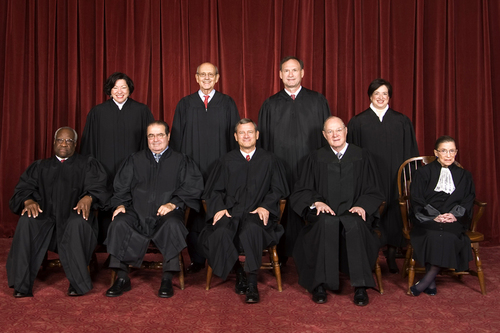
The Supreme Court justices approached the Proposition 8 case with caution Tuesday morning, indicating apparent trepidation to a sweeping ruling that would bring marriage equality to all 50 states.
During 90 minutes of oral arguments in Hollingsworth v. Perry, the justices, including the liberal wing of the court, appeared reluctant to embrace a ruling granting all same-sex couples the right to marry. Moreover, questions were raised as whether the case should have been granted in the first place.
“I just wonder if the case was properly granted,” said Justice Anthony Kennedy, who many suspect will be the swing justice to decide the case. Nearly all of the members of the court questioned the case’s “standing” because California officials under Democratic Gov. Jerry Brown have refused to defend Proposition 8 since the lawsuit was brought in 2009. Instead, supporters of California’s ban on same-sex marriage have defended the law in the lower courts. Chief Justice John Roberts immediately cut off opening statements from attorneys for both sides to have them address the issue of standing.
“If the issue is letting the States experiment and letting the society have more time to figure out its direction, why is taking a case now the answer?” added Justice Sonia Sotomayor.
Although Kennedy voiced concern for the children of same-sex couples in California who suffer as their parents are denied basic rights and benefits, he also voiced concern to moving too quickly.
“There is an immediate legal injury or legal — what could be a legal injury, and that’s the voice of these children,” Kennedy said. “There are some 40,000 children in California…that live with same-sex parents, and they want their parents to have full recognition and full status.”
Nevertheless, Kennedy said that information regarding how children are impacted by being raised in a household with two parents of the same sex is too new to be definitive.
“We have five years of information to weigh against 2,000 years of history or more,” Kennedy said.
Arguing on behalf of the two same-sex couples who have been challenging California’s same-sex marriage ban since 2009 was Theodore Olson, the conservative half of the star legal duo leading the charge against Proposition 8. Olson, who served as President George W. Bush’s solicitor general, argued that California’s Proposition 8 “walls-off gays and lesbians from marriage, the most important relation in life, according to this Court, thus stigmatizing a class of Californians based upon their status and labeling their most cherished relationships as second-rate, different, unequal, and not okay.”
Olson was challenged at length by one of the court’s conservative justices, Antonin Scalia, on when it become unconstitutional to exclude gay couples from marriage.
“When did it become unconstitutional to prohibit interracial marriages? When did it become unconstitutional to assign children to separate schools?” Olson responded to Scalia’s questioning.
Scalia responded in 1868 when the Equal Protection Clause was adopted. “But don’t give me a question to my question,” Scalia quipped.
“It was constitutional when we as a culture determined that sexual orientation is a characteristic of individuals that they cannot control,” Olson said, adding that “marriage is a fundamental right and we are making a classification based upon a status of individuals, which this Court has repeatedly decided that gays and lesbians are defined by their status.”
The justices had pointed questions for Charles Cooper, who argued on behalf of Proposition 8 supporters that marriage is meant to produce and raise offspring.
“The concern is that redefining marriage as a genderless institution will sever its abiding connection to its historic traditional procreative purposes, and it will refocus, refocus the purpose of marriage and the definition of marriage away from the raising of children and to the emotional needs and desires of adults, of adult couples,” Cooper said.
Justice Elena Kagan asked Cooper if it would be constitutional for a state to ban marriage licenses for any couples where both people are over the age of 55. Cooper said no, but that it was rare for both parties to be infertile.
“I can just assure you, if both the woman and the man are over the age of 55, there are not a lot of children coming out of that marriage,” Kagan said to laughter from the courtroom.
In another exchange with Sotomayor, Cooper could not name any other rational basis outside of the marriage context for a state using sexual orientation as a factor to deny benefits or impose burdens.
Despite the pointed questions for both sides, the justices seemed to indicate a hesitation to embrace the sweeping argument put forward by Olson that all same-sex couples have a right to marry. They also questioned an argument put forward by Solicitor General Donald Verrilli, who argued on behalf of the Obama administration that a more narrow ruling should be applied in the states that permit civil unions but not marriage.
According to Verilli, a state that extends same-sex couples rights through civil unions has no constitutional argument to exclude those couples from marrying.
“So a state that has made considerable progress has to go all the way, but the Government’s position is, if it has has done absolutely nothing at all, then it can do as it will,” said Justice Ruth Bader Ginsburg.
The Supreme Court will hear oral arguments in the Defense of Marriage Act case tomorrow.
[Photo: The Supreme Court justices (Courtesy of the U.S. Supreme Court).]
Support Metro Weekly’s Journalism
These are challenging times for news organizations. And yet it’s crucial we stay active and provide vital resources and information to both our local readers and the world. So won’t you please take a moment and consider supporting Metro Weekly with a membership? For as little as $5 a month, you can help ensure Metro Weekly magazine and MetroWeekly.com remain free, viable resources as we provide the best, most diverse, culturally-resonant LGBTQ coverage in both the D.C. region and around the world. Memberships come with exclusive perks and discounts, your own personal digital delivery of each week’s magazine (and an archive), access to our Member's Lounge when it launches this fall, and exclusive members-only items like Metro Weekly Membership Mugs and Tote Bags! Check out all our membership levels here and please join us today!




